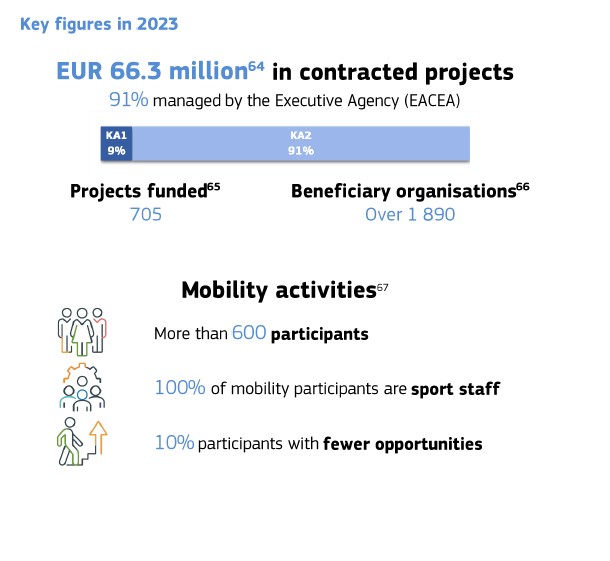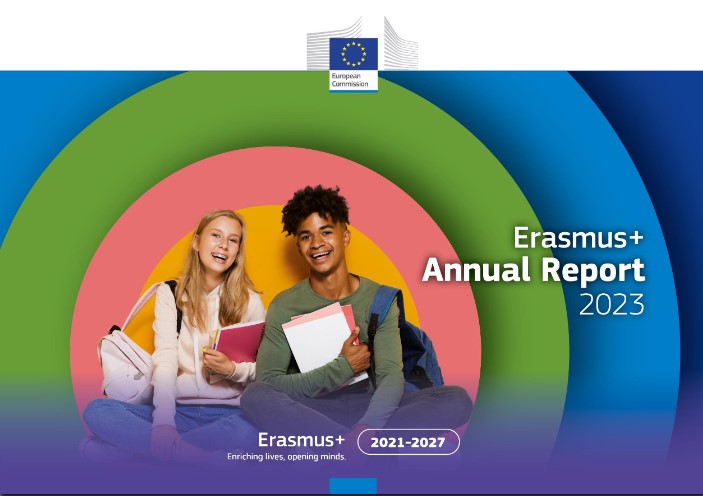The European Commission has released the Erasmus+ 2023 Annual Report, highlighting the programme’s significant achievements in promoting lifelong learning and cooperation. Key areas of focus included social inclusion, the green and digital transitions, and the promotion of core European Union values. The report also details how Erasmus+ provided targeted funding to address the impact of Russia’s aggression against Ukraine, strengthening cooperation in the learning sector.
Launched in 1987 as a student mobility programme, Erasmus+ has since evolved to encompass all areas of education, training, youth, and sport. In 2023, with a budget of over €4.5 billion, a 12.5% increase from the previous year, Erasmus+ supported nearly 32,000 projects and engaged 84,500 organisations. The programme’s mobility actions provided opportunities for over 1.3 million participants, including students, teachers, trainers, youth workers, and sports operators. Since its inception, Erasmus+ has enabled 15.1 million people to experience study, work, and volunteering abroad. In 2023, the DiscoverEU initiative allowed 71,642 young people to explore Europe.
Focus on Inclusion and Accessibility
In 2023, Erasmus+ made significant strides in inclusion and diversity, reaching over 200,000 participants with fewer opportunities, including migrants, people with disabilities, and those living in remote or socioeconomically disadvantaged areas. The programme also improved accessibility for smaller organisations, enhancing equity and the quality of its initiatives.
Sustainability and Digital Transformation
Erasmus+ participants were environmentally conscious, with 23% opting for low-emission transport options. Additionally, as part of the Digital Education Action Plan, the programme trained over 31,890 participants to improve their digital skills.
Promoting European Values
Erasmus+ continues to play a key role in reinforcing European identity and values. In 2023, €390.6 million was allocated to 1,460 projects supporting democratic participation.
As far as SPORT is concerned, the following graphic inlcuded in the report shows the key figures:

Find here the Erasmus+ 2023 Annual Report and more information.
With reference to the Capacity building in the field of Sport action, introduced for the period 2021 – 2027, it supports multilateral partnerships between organisations active in the field of sport and aims to support sport activities and policies in the Western Balkans as a vehicle to promote social values and an educational tool to promote the personal and social development of individuals and build more cohesive communities. The first selection of projects was in 2022. According to the Erasmus+ 2023 Annual Report, since 2021, in the Western Balkans, 11 projects for the region have been selected, involving 25 organisations from the different WB economies.
There are 4 factsheets from the Western Balkans region. Find below direct link to each of them as well as an extract focusing on Capacity Building Projects involving organisations in the four WB economies:




The PROMISE project “A step forward for women in basketball” is also included in the report as one of the best practises. Kosovo is among the partners
Next Steps
The Erasmus+ 2025 Call for Proposals was launched on November 19, 2024, offering new opportunities for future projects. In general, information on open calls can be found at Erasmus+ funding opportunities.
Links:

